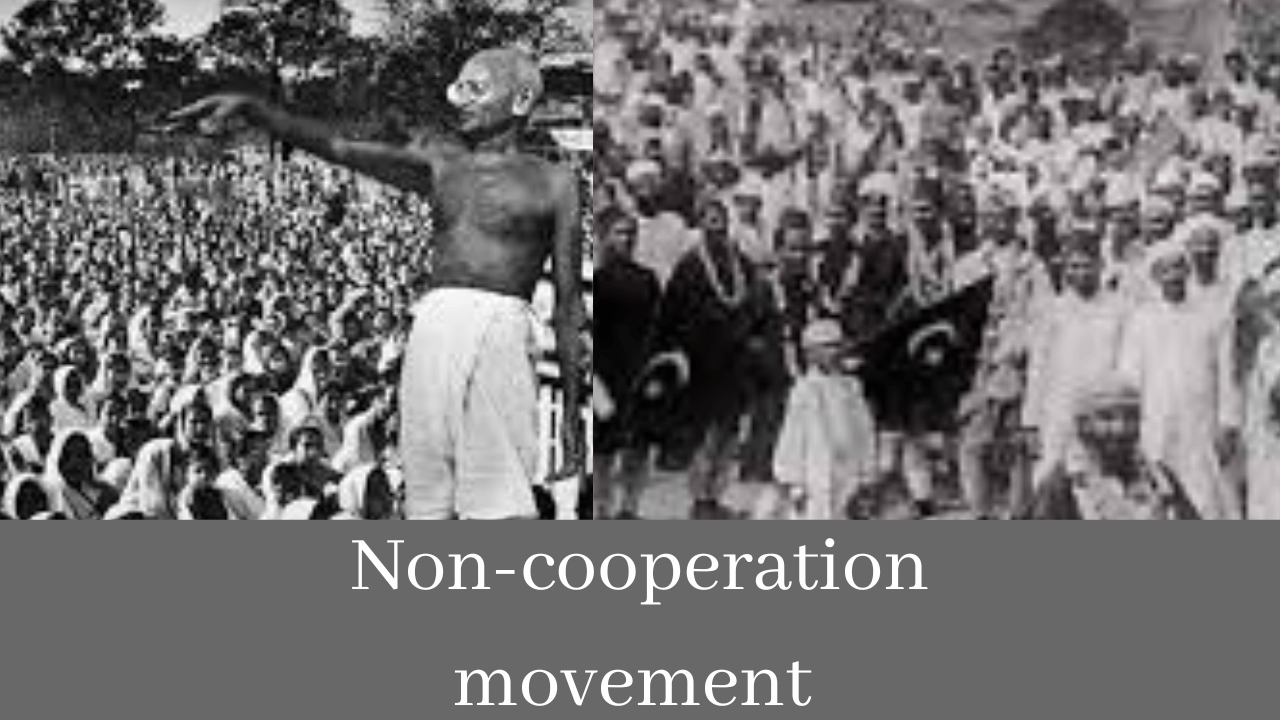
Non-cooperation Movement: Significance & Causes
The Non-Cooperation Movement of 1920–22 was a significant challenge to British rule in India initiated by Congress under the leadership of Mahatma Gandhi. It united people from all levels of …
Non-cooperation Movement: Significance & Causes Read More






